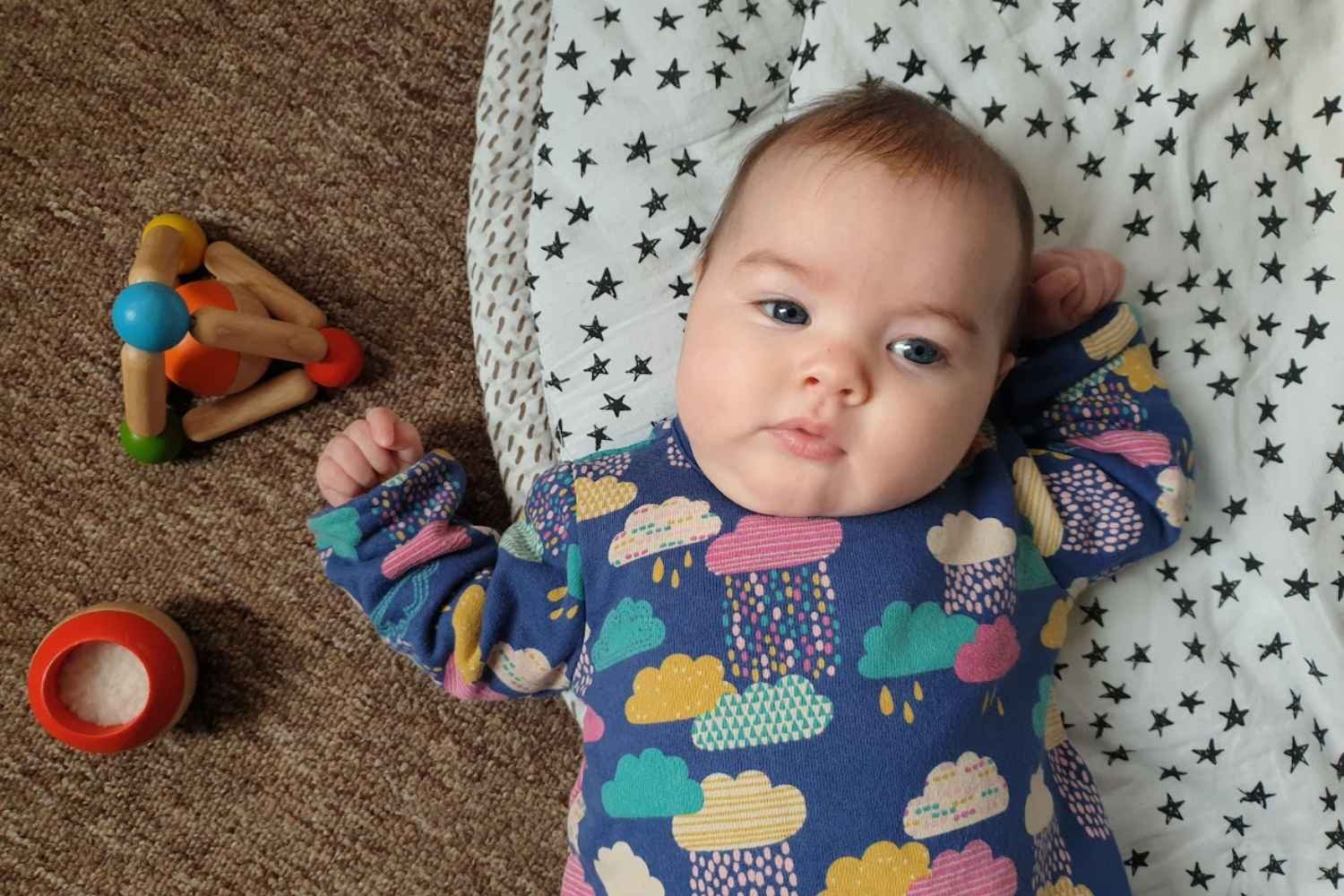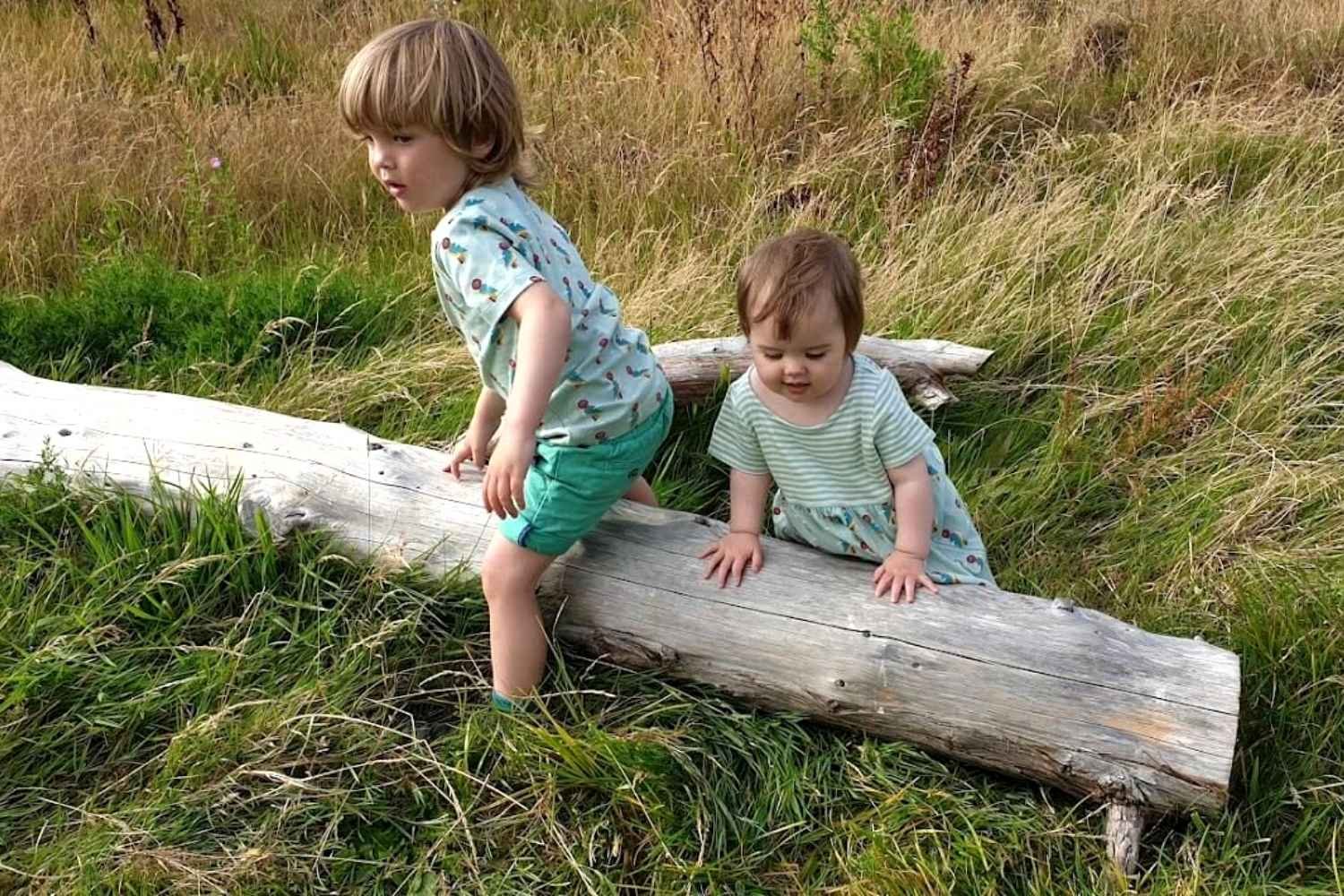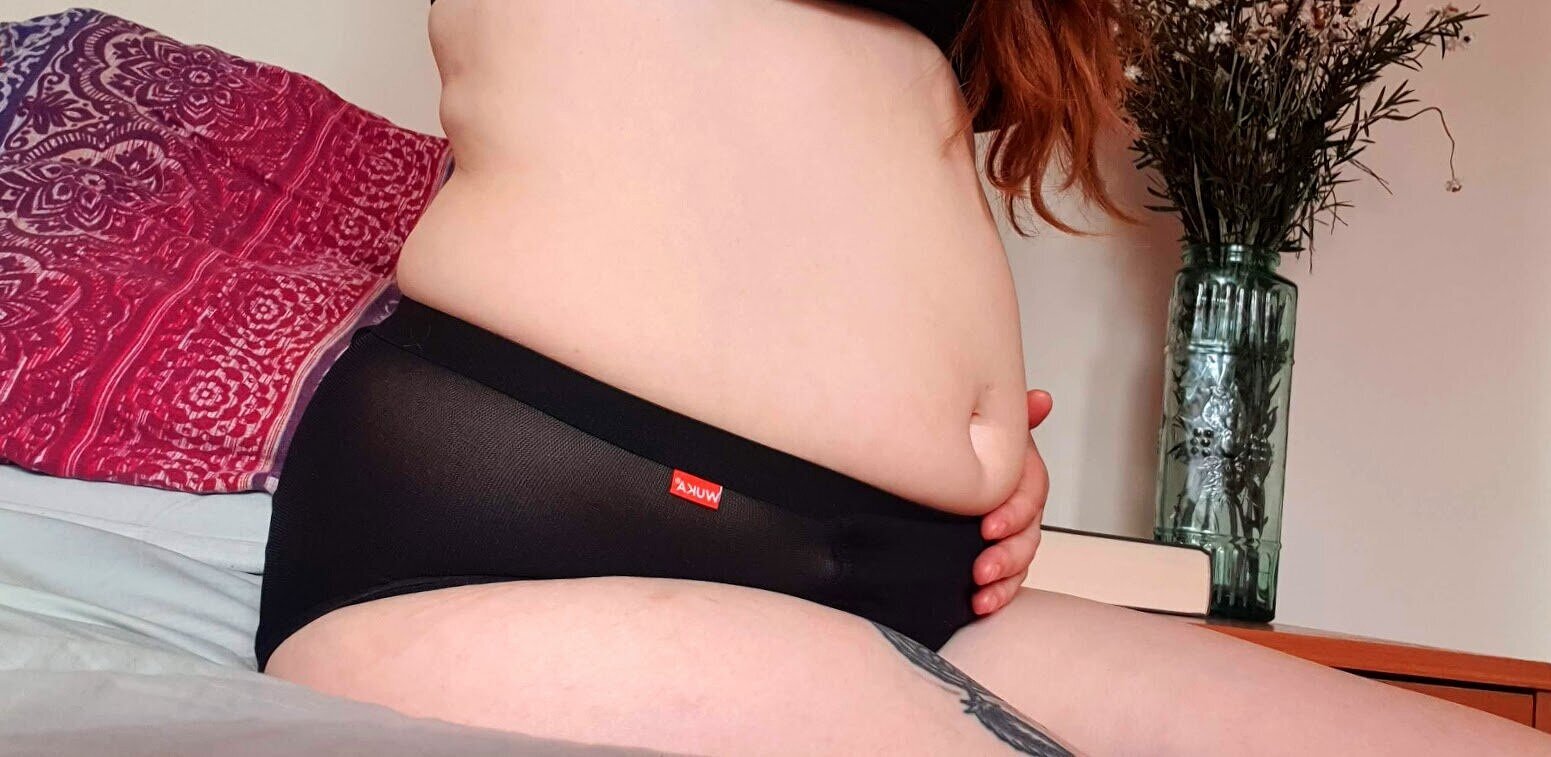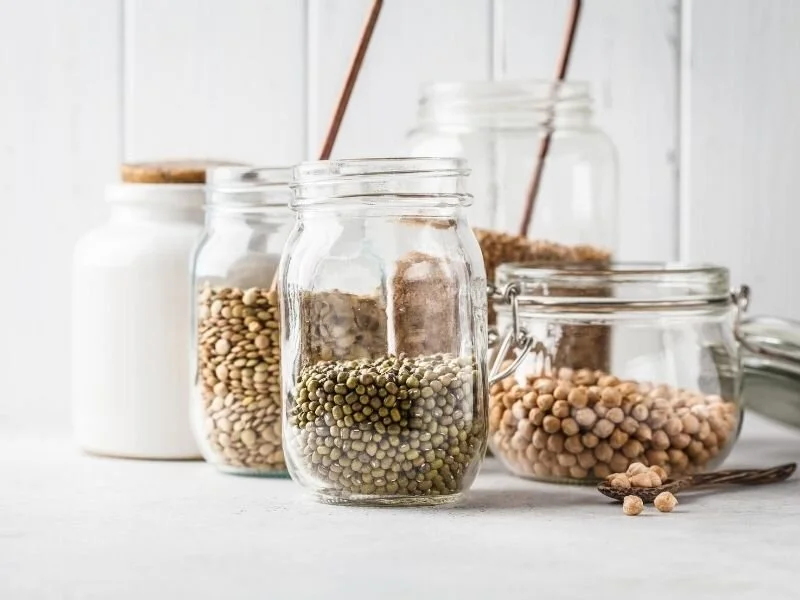The Beginner's Guide to Sustainable Parenting
So you want to be an eco-friendly parent?
Maybe you don’t have the time to research, or you don’t know where to start?
You just know you have to do something.
Sustainable living can feel daunting when you’re new to it all, but it doesn’t have to be.
The great thing about sustainable parenting is you can do whatever works for you. Just like everybody raises their children in their own way, you can be green in your own way.
This guide is going to help you become a sustainable parent, not just a plastic-free one.
Zero waste isn’t about spending money
I wanted to write the article I wish I’d read when I started this journey myself.
I could have stopped myself from wasting my money buying products like reusable straws when I never even use straws.
Ethical living has become a profitable trend that all the corporations are jumping on to convince you they are doing good (so they can get your money).
I’m not going to waste both our time by telling you how to live, what to do and what to buy. I’d rather help you explore the ways you can create an ethical lifestyle without feeling overwhelmed (well, no more than the inevitable sleep deprivation of parenting makes you).
I’m here to help you think a little differently, and change the habits you want to (and can) change so that your family can reap the benefits of an intentional lifestyle, whilst building a future that is sustainable for all children.
Tap to pin this:
How do you live a truly ethical lifestyle?
Whether you’re a deep thinker or not, we are all searching for meaning in our lives in one way or another. That doesn’t mean that we all want the same thing or have the same beliefs.
An ethical lifestyle involves living in a way that is considerate of all people and animals. It is learning to respect the natural world and all of its resources.
Human beings have exceptional minds and there will always be a wide range of perceptions and solutions. Living ethically means living true to your values.
There are a lot of topics that fall under ethical living:
Overconsumption of the Earth’s natural resources
Human exploitation
Animal cruelty
Inequality
Unfair wealth distribution
...to name a few.
To live an ethical lifestyle, you must make a conscious choice to live in a way that reflects your values.
First you have to face up to the issues that our whole world is facing (not just white people, farm animals or turtles).
Then you have to decide what kind of person you want to be.
Lastly, you have to put those values into practice and start living how you believe we all should live.
It is a lifestyle based on empathy and compassion, but it can’t always be positive.
It will involve difficult conversations, uncomfortable amounts of personal development, and calling out harmful actions and words.
Sustainable living is so much more than zero waste swaps
I’ve heard an unbelievable amount of people say they are getting rid of all their plastic so they can replace it with more sustainable options, like glass or wood or bamboo.
There is absolutely no need. Sometimes the alternatives to plastic have a higher carbon footprint too.
“46% of people in the UK feel guilty about the amount of plastic they use, which is motivating them to consider changes in their behaviour, including paying more so companies will find alternatives to single-use plastics.”
Don’t get me wrong, I’m a big fan of the zero waste movement and what it represents. The goal of a low impact lifestyle is to get society to move towards a circular economy so we can stop draining the Earth of its resources.
A truly eco-friendly lifestyle involves using up everything you have and only buying new when you need it.
Swapping to a reusable product is a much more effective action if you email the corporation you’ve stopped supporting to tell them why you are no longer a customer.
While it’s a great to reduce your single-use plastic, it’s not going to make a huge difference without incorporating the meaningful actions too. One of the simplest things you can do is email companies to let them know why you won’t be shopping with them anymore.
Make human rights your priority
With all the sad photos of turtles tangled up in fishing nets and the koala bear’s homes going up in flames, it can be easy to get caught up in the plastic pollution and climate change aspect.
Wildlife and natural ecosystems are not the only victims - they are just the stories that go viral and get attention.
The impact of our climate emissions and consumption is hitting developing countries hard.
The average Brit uses more carbon in the first two weeks of the year than residents of seven African countries do in an entire year (source), yet climate change in Africa is causing severe drought, disease and famine.
Social justice and environmental issues come hand in hand. People that live in poorer countries are the ones suffering because of our collective actions as a country.
What you’re not usually told when you start making eco-conscious swaps:
Climate change is increasing starvation, poverty, and destroying the homes of millions of people who aren’t contributing to climate change. Focus on them.
Amazon has a horrific (rising) carbon footprint, don’t pay their taxes, and have child labour in their supply chain. It is not ethical to buy zero waste products from them.
Slavery is also a serious issue in the supply chains of fashion, tea, coffee, chocolate, jewellery and electronics industries. Don’t be fooled by greenwashing scams like “plastic-free teabags” and “sustainable fast fashion” (hint: it doesn’t exist).
Your diet isn’t ethical if you’re switching from eating meat to a vegan diet that has human suffering in the supply chain. Make sure you know where your plant-based foods come from, and that the vegan influencers you follow aren’t just white.
The rights of indigenous people are being violated by fossil fuels companies so make sure you are boycotting oil instead of plastic (which is made from crude oil).
What I’m trying to say is focusing on stainless straws and bamboo toothbrushes won’t get you far. Until we build a safe world for all humans, sustainability will not exist.
Human life is more important than a plastic straw.
Find easy ways to educate yourself
You’re a busy mum or dad so it’s likely you don’t have time to sit around and read a pile of books on social and environmental issues.
Thankfully, there are plenty of ways you can start learning about important topics without needing to put in too much effort.
As a fellow sleep-deprived mum, here are my favourites:
Listen to podcasts while you do housework
Watch documentaries (there are plenty on Netflix)
Follow activists of different races, genders, and with disabilities on Twitter and Instagram. Sustainability needs to be a lot more inclusive
Learn about the issues affecting your local community
Follow campaigns by non-profit organisations, like Greenpeace and Oxfam
Learn about the Global Goals, which are a set of sustainable development goals created by the UN and world leaders to create a better world.
The Global Goals website is really easy to understand and laid out in bullet points. You may even find certain issues call out to you and make you want to focus on them first.
They’ve made so much progress on the goals that it may even provide you with some relief that people out there are taking action.
Change your perspective
Just for a moment, imagine you work in sales and there is no minimum wage in your country.
One day your boss announces that he’s cutting your hourly rate to £4 an hour because he wants to sell his product at half the price to encourage people to buy more. Unfortunately he can’t afford to do that and pay everyone fairly.
Now imagine there are no other jobs, and no minimum wage. His business idea works so well that he takes home a huge bonus each month. Customers don’t want to go back to paying full price because their kids want iphones, so there are no pay rises anymore.
How do you pay your bills and feed your children?
I’m sure you can tell where I am going with this. There is a reason that the products in the UK are so cheap.
If you don’t think they are cheap, you need to change your perspective.
Boohoo sell dresses for less than £5, There is no way they can be paying their factory workers a reasonable wage, while making millions in profit.
Ethical products are more expensive, but it is for a very good reason. They pay their workers enough to be able to pay their bills and feed their families. They treat them like human beings, let them have maternity leave, holiday pay, and days off when they are sick.
It’s so important to be conscious of what is happening behind the scenes when it comes to money.
Obviously not everyone can afford to shop ethically-made and organic, but this is just another reminder of why we need to vote for a government that doesn’t increase poverty.
Start learning about anti-racist parenting
As a white person, I am not an expert on this subject. I also have to try harder to educate myself on systemic racism so I can raise my children to be anti-racist.
I am planning on writing more on this topic soon, but my top tips so far are:
Talk to your children about race - they are not colourblind. By not talking to them about people’s similarities and differences you are not giving them the language to speak about it.
Diversify their books, music, tv shows, films, and art. Don’t surround them by white faces, especially if you live in an area that isn’t diverse.
Introduce them to social justice issues in an age-appropriate way. Try not to shelter them from important issues and answer their questions to the best of your knowledge.
Look at your friendship circles - does everyone in your life look like you? Being surrounded by different people will allow your children to respect, learn from and appreciate people who don’t look like them.
Educate yourself on racism by buying resources written by People of Colour.
Sustainability is about creating a world that is fair and safe for all children, not just white children.
Learn to recognise Your privilege
Although I have no doubt you have had difficulties of your own, it can sometimes be hard to see outside your personal “bubble” and understand the struggles you have never experienced.
People can become very passionate about environmental issues, which is great, but it’s important to remember to be considerate.
Many “eco swaps” require knowledge, finances, the physical or mental ability, the resources, a support network, and time.
Cloth nappies may not be possible for people on low-incomes, facing homelessness, with disabilities, or with no support system.
A person with OCD might struggle with reusable menstrual products,
A survivor of abuse may not want to breastfeed.
Somebody with health issues may require single-use plastic for safety.
A person with dietary restrictions, autism, or an eating disorder might not be able to go vegan.
A person with an anxiety disorder may not be able to go to a peaceful protest.
Once we are truly aware of our privileges and can see past the simplicity of zero waste swaps, we can focus on building a sustainable, inclusive future for everyone.
Before I go, I have one more piece of advice:
Don’t put too much pressure on yourself.
Start by reading, listening and learning. Take it one step at at time and if you feel overwhelmed, take the day off and go spend time in nature with your babies (it really helps).
Sustainability, low-waste living, eco-conscious choices… whatever label you prefer, they all have one thing in common and that is compassion.
Nobody wants perfection, nobody started off as an expert, and connecting with like-minded individuals can truly enrich your life.
The Instagram community is truly inspiring, don’t forget to connect over there.
I’d love to hear how your sustainable living journey is going so far?
Feel free to share your thoughts in the comments below.
If you found this post informative, please tap the share button below. As a work at home mum who is boycotting Amazon and avoiding annoying pop-up ads (the usual ways to make money from your website), every share means the world to me. You can also support my content by buying me a coffee or following me on Instagram. Thanks for being here - Sophie <3






















